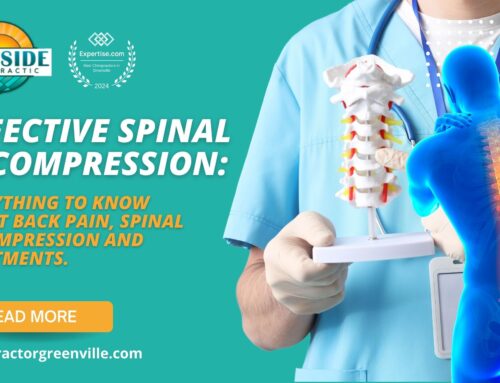
There are many forms of arthritis, and each may have special treatment requirements and long term consequences.
Here are some tips for dealing with osteoarthritis:
1. Get your diagnosis of osteoarthritis confirmed. The less common rheumatoid arthritis is a more severe condition, and is caused by a person’s own immune system attacking their body.
2. Don’t limit treatment to pain relief only. Try to begin a gentle exercise and stretching program. Remember that inactivity leads to progression of osteoarthritis!
3. Eat an anti-inflammatory diet. Decrease saturated fats (which are found in red meat and dairy products) and increase mono and polyunsaturated fats. Omega 3 fatty acids including Tuna oil and Krill oil are very effective anti-inflammatory agents.
4. Heal your stomach. If you have used over the counter and prescription NSAIDs (non-steroidal anti-inflammatory drugs), your stomach lining is probably irritated. NSAIDs kill some 30,000 people every year due to bleeding ulcers, and this family of oral medications have been linked to a number of other problems including heart failure. I am not saying that these medications aren’t helpful for some conditions, but the long term use of NSAIDs are fraught with problems. If you need to use them, do so with great caution. Green “superfoods” can be very helpful in healing your stomach and intestines, as can the use of aloe vera juice.
5. There are no quick fixes! Give glucosamine a 90-day evaluation period. Also include other ingredients in your supplement including chondroitin, MSM (methyl-sulfonyl-methane), CMO (cetyl-myristoleate), Sea Cucumber Extract, Turmeric, Boswella, Bromelain, White Willow Bark, Noto-Gin, Calcium, Magnesium, Phosphorus, and Vitamins D and C.
6. Posture, orthotics, and adjustments. A balanced joint has the best opportunity for maximum performance and longevity. Correcting your posture with specific stretches and exercises which your chiropractor can recommend goes a long way towards reducing joint stress. Orthotics to stabilize your feet and ankles are very influential in reducing joint stress provoked by gravity. Regular chiropractic adjustments are critical to spinal health because they reduce poor joint function which results in joint stress.
When you combine these treatments, and when the office-based treatments are performed by a skilled clinician, tremendous gains can be made with what could be a debilitating condition.

